Global Travel News
RBSO plays Mozart with Clarinetist Andrew Simon
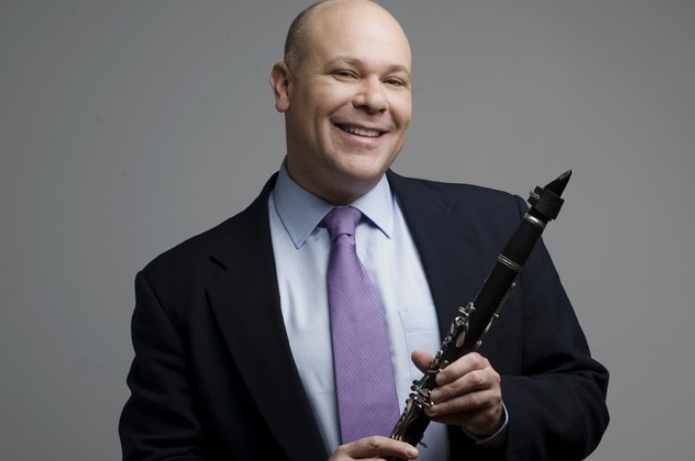
The programme will begin with Edward Elgar’s Pomp and Circumstance March No.1. Composed in 1901, it is the first and most well-known of five marches by Elgar bearing the title “Pomp and Circumstance”, taking their title from a speech in Act 3 of Shakespeare’s Othello. The first March is best known for its trio section, adapted into the popular anthem ‘Land of Hope and Glory’; regardless, the entire march is triumphant and iconic.
This is followed by Wolfgang Amadeus Mozart’s Clarinet Concerto in A major, K. 622. Mozart was the first composer to realise the expressive qualities of the clarinet. Mozart’s writing shows great sensitivity to the character and limitations of the instrument and the relationship of the solo part to the orchestra to allow for breathing and phrasing. It was his last instrumental work, and it survives only in an adaptation by its original publisher. The orchestra, as well as having the customary strings, has flutes, bassoons, and horns without oboes, producing a gentle sound, achieving the effect of support without drowning the soloist. It is generally considered to be Mozart’s best wind concerto.
This work will be performed by soloist Andrew Simon, whose international career was launched by his critically acclaimed Carnegie Hall debut. The first American-born artist with a career spanning three decades, highlights include over 70 solo performances with the Hong Kong Philharmonic, appearances in 23 Japanese cities, continental premieres of the original version of Copland’s concerto in Australia and Asia, and his Singapore Symphony and New Zealand orchestral debuts performing Mozart’s concerto in its original version on basset clarinet.
To end the performance, the RBSO, with almost a hundred musicians, will play a piece by Gustav Holst: The Planets. The size of the Orchestra is required to match the grandeur of the Planets piece. It is a legendary seven-movement orchestral suite in which each movement takes you through an auditory journey with the planets of the Solar System and their corresponding astrological character. Holst began composing The Planets in 1914; his music-centric spatial explorations may not be scientific, but they are brilliant, dramatic, and picturesque enough to create celestial harmonies.
Tickets are available at Thaiticketmajor: https://www.thaiticketmajor.com/
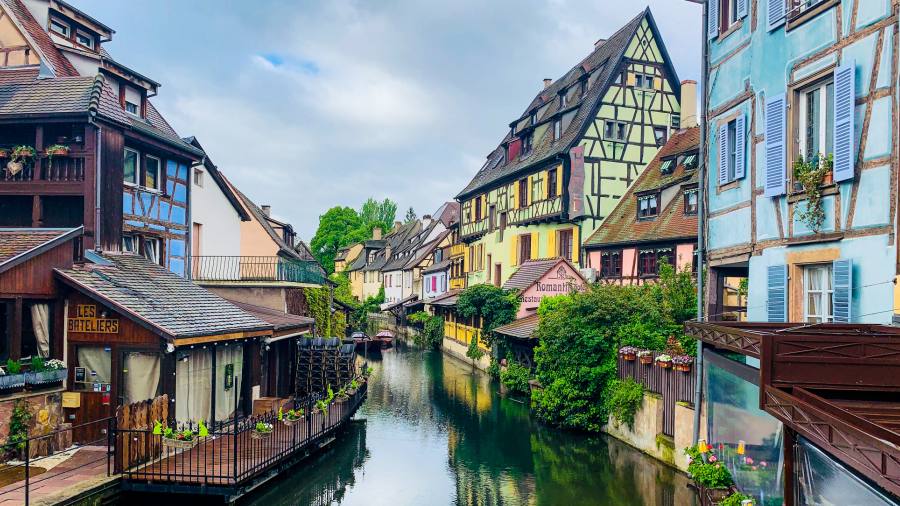
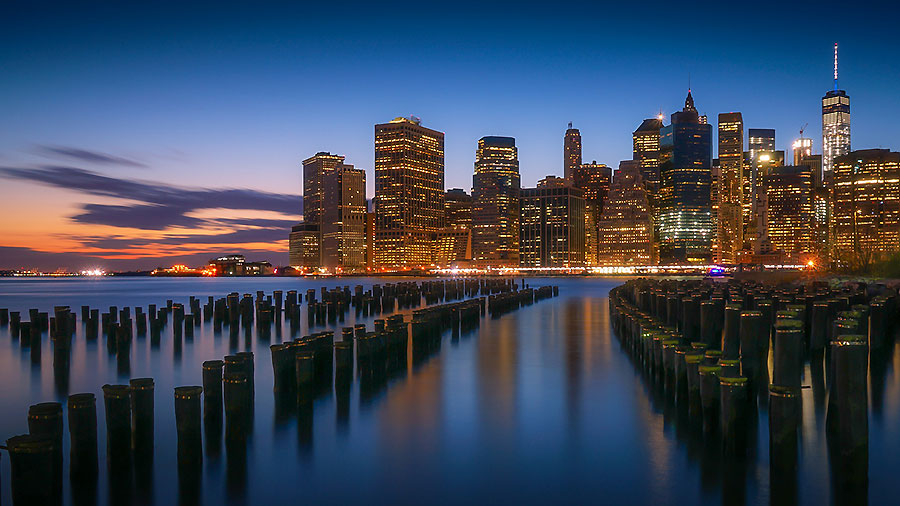
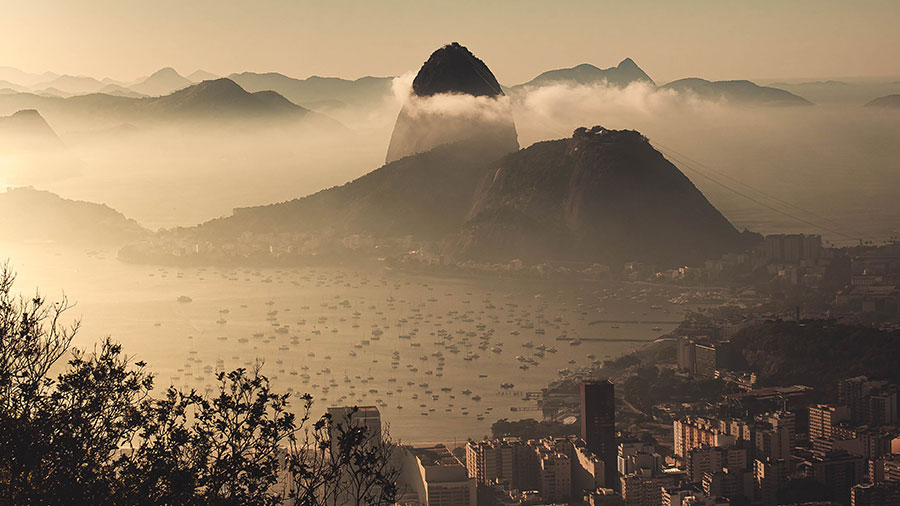









 Must Try Foods
Must Try Foods
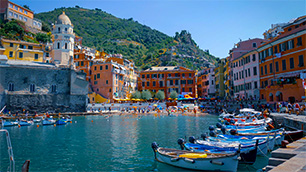 Gastronomy Cities
Gastronomy Cities
 Chef's Talk
Chef's Talk